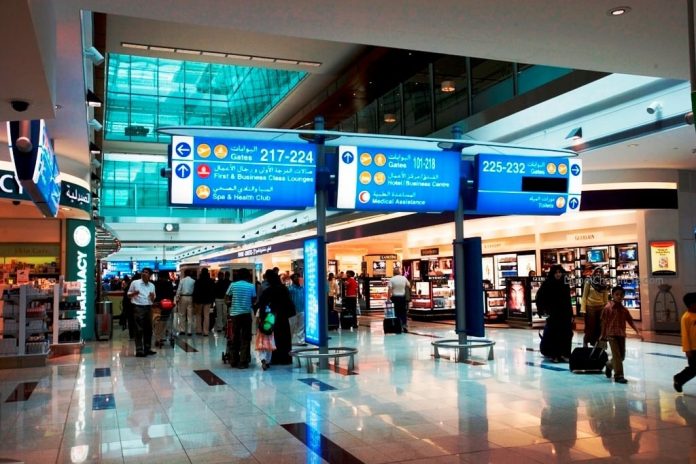
Dubai inflation has reached its peak level since 2011. This is mainly due to the increasing utility costs and rent prices in the emirate, boosted by real estate prices recovery in secondary locations in the city.
Currently, Dubai is witnessing rents increases, although it is not clear it the increases are driven by real demand or media coverage. In addition, according to the Dubai Statistics Centre, the utility and housing costs have also increased by 1.4% over the last year and by 0.2% over the past month. As a result, now only housing costs make up nearly 44% of all consumer expenses in Dubai. That makes a 1.6% change on year-on-year basis.
Residential rents rose in 2013 mostly in the suburban areas of Dubai. The reason for this is that property owners are affected by the economic crisis and are now trying to take the best advantage they can from the positive outlook for the city.
A number or real estate-focused research companies reported that rents have increased. The rise over the last twelve months is estimated between 5% and 30%, depending on the area. Rents are now higher in Jumeirah Village and Dubai Sports City, which are secondary locations. However, news about rising rents urge property owners to rise their expectations and now even in areas with high vacancy rates, such as the Downtown Dubai for example, landlords ask for higher rents.
Basiclly, property agents and property owners are trying to push the rents higher. This is difficult when it comes to high-end properties as these are already expensive. In secondary locations, the rents are lower and 5% to 10% rent increase is easier to add to the initial rent. Still, the rent increase sentiment is affecting the whole residential real estate market in Dubai. According to experts from Jones Lang LaSalle, this trend develops mainly due to the emirate’s increasingly and promising economic outlook. The city’s economy expanded rapidly affecting the middle class of population and now the general expectations in the area include higher rents.
But the more residential rents are rising, the more the cost of living in the country is increasing. Consequently, inflation rates jumped by 1.3% and hit its peak levels for the last two years this July. The National Bureau of Statistics announced that the housing costs in the country increased with 0.4% for the last one year.
Products like drinks and food account for 14% of the average expenses in the region. They were very inconsistent price wise over the past few months. For the last one year, they increased by 3.55%. However, in July, they marked a 0.3% month-on-month fall. As a result, there was no rise in the cost of housing during that month.
Many products and services registered a price decrease. Among them were sea food products, which dropped with 2.4%, eggs and milk (1.5%), mobile phones (0.7%), medical care services (0.2%), as well as furniture (0.1%). Those which increased in their cost were coffee, tea, cocoa and vegetables, which all jumped with 1.2%. Although slightly, footwear, clothing, textiles and transport also went up.
But even though prices of drinks and food in the emirate have increased by 2.3% over the past year, they dropped by 1.3% towards the end of July. That pushed the Dubai consumer price index downwards by 0.1% on month-on-month basis.























![The Square at Nad Al Sheba Gardens Now Open hope tax season treated you well! Just checking in—ready to refocus on growing your business? I remember how we discussed scaling your [specific aspect of their business, e.g., online presence] but paused due to time constraints. We now offer a streamlined 6-month plan that delivers real results without adding to your workload. Let me know if you'd like to chat—I’d love to help you pick up where we left off!](https://www.dubaichronicle.com/wp-content/uploads/2024/11/The-Square-5-218x150.jpg)








